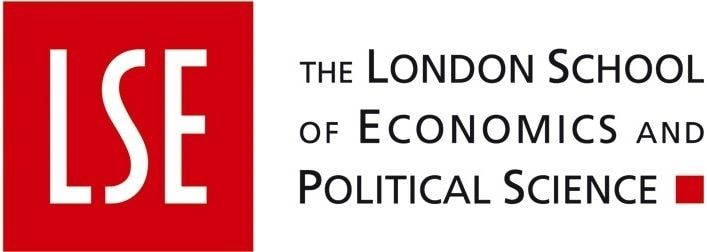Woolf reports on LSE’s Libyan Links
And it’s a compelling read:
The Woolf Inquiry was set up on 3 March 2011 following criticism of LSE’s links to Libya and the resignation of the Director, Sir Howard Davies. The terms of the Inquiry were as follows:
An independent inquiry to establish the full facts of the School’s links with Libya, whether there have been errors made, and to establish clear guidelines for international donations to and links with the School. Lord Woolf is to make recommendations to the LSE Council as soon as possible. He is to have total discretion as to how he conducts the inquiry, and as to the matters on which he is to report.
At the same time, the academic integrity of Saif Gaddafi’s PhD was referred to the University of London under the Procedure for Consideration of Allegations of Irregularity in Relation to University of London Awards. The Gaddafi PhD was awarded by the UoL before degree awarding powers were transferred to LSE, and had to be assessed carefully in accordance with UoL procedures. In order to ensure that a comprehensive picture was reached, the Council of LSE decided that Lord Woolf’s report and the University of London Panel decision should be released at the same time.
As a result the Council of LSE is now making the full Woolf report public and the full report of the Inquiry can be found here. The University of London’s report on Saif Gaddafi’s PhD has been passed to the LSE but this does not seem to have been made public. There is no suggestion though of any actions being taken in this regard.
Lord Woolf’s chunky 188 page report covers four main areas:
- Saif Gaddafi as a student at LSE
- The donation to the LSE
- Range of links between LSE and Libya
- The activities of LSE Enterprise
The central conclusion is reported to be shortcomings in institutional governance:
The School established, in an incremental and piecemeal fashion, a relationship with Libya. Before a global company embarks upon a relationship with a foreign partner, a due diligence assessment should be conducted. No similar exercise took place in this case. The links were allowed to grow, unchecked and to a degree unnoticed, until their effect was overwhelming. In October 2009, the LSE’s council resolved that the links should be monitored carefully in future. That monitoring came too late. By October 2009 the relationship with Libya had been well established.
In addition, the history of the developing connection between the LSE and Libya has exposed a disconcerting number of failures in communication and governance within the School. The errors which I detail in the remaining chapters of this report exceed those that should have occurred in an institution of the LSE’s distinction. The pattern is such that I am driven to the central conclusion that there were shortcomings in the governance structure and management at the LSE.
Woolf’s main recommendations, which are not huge in number, cover the following topics:
- the establishment of a Code of Ethics and a committee to oversee it
- procedures around PhD admissions and progression
- rules on donations
- incidental links with Libya
As Times Higher reported it some weeks ago:
The Woolf report is not wholly critical of the LSE, and it partially exonerates the institution in some areas.
It finds that despite the failings, LSE staff acted in what they believed to be the best interests of the school.
A £2.2 million contract to train Libya’s elite civil servants was “clearly of merit” and went through stricter due diligence than the £1.5 million donation, the report finds.
However, it was brokered by Dr Gaddafi while he was still a doctoral student. To prevent such a situation recurring, Lord Woolf recommends that the LSE expand its policy of not accepting donations from current students to cover transactions such as commercial contracts.
A notorious video-link lecture by Colonel Gaddafi in December 2010 in which a message from Sir Howard told him that he was “most welcome”, and the dictator proceeded to denounce claims that Libya masterminded the 1988 Lockerbie bombing as a “fabrication”, was deemed to be legitimate, as students were free to question him.
There was also no criticism of the decision to allow Dr Gaddafi to give a Ralph Miliband Programme lecture at the LSE in May 2010.
The LSE has accepted all 15 of Lord Woolf’s recommendations and a subcommittee of its council will now look into how it will implement a code of ethics.
It does seem therefore that all of the recommendations will be followed up properly by the LSE. Some of the details around Saif Gaddafi’s PhD are quite striking (not least his ability to function as a full-time student whilst playing the part of an international envoy for Libya). But I think the thing that I find most surprising in the report is that given the very detailed critique of the shortcomings in the various decision making processes leading up to the acceptance of the large donation from Libya, Woolf’s specific recommendations on governance don’t seem to go very far, essentially amounting to the establishment of a new code of ethics and a committee. Having said that, there has already been significant change at the LSE, including the departure of the former Director, so perhaps there is much in train.
Overall though it really is an extrordinary report and well worth reading.











